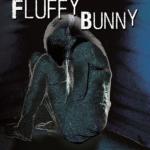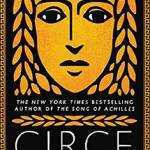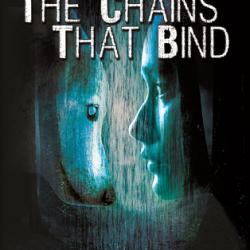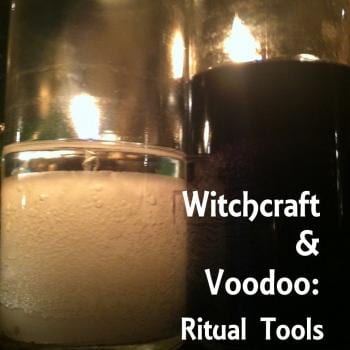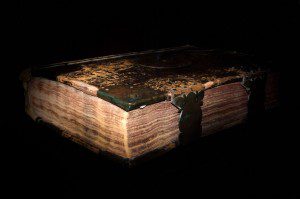
Some of you may remember a few years ago that Pagan articles on Wikipedia kept disappearing.
Turns out that this was not an accident, nor overzealous scholarship on the part of Wikipedia: it was one editor, named Qworty, with a grudge against the founder of the Starwood Festival and an attitude problem about Pagans in general. The Wild Hunt reported on it in this excellent article, as did Salon (whom they cited,) and I see no need to repeat what they’ve already said, so I’ll urge you to follow the links.
Since then, what’s happened? Well, a lot of the removed and altered articles remain removed and altered. And to make matters worse, it seems that there is at least one, possibly more, person with a grudge against Neo-Paganism who would exalt Reconstructionism as being the only valid form of Neo-Paganism, and would separate Reconstructionism from the rest of us.
This section, Modern Interpretations, in the entry on Rhiannon, is a good example:
Rhiannon has a growing and varied tradition across the modern neo-pagan and Celtic tradition communities since the 1970s. Some are of the opinion that a number of these faith groups base their devotions on a superficial understanding of the figure, which can be seriously in contradiction with the original.[disputed ]These depictions of Rhiannon can make her seem insipid, a wispy doll, elfin in a Victorian flower fairy way, which her arrogant and even ruthless medieval source does not support. Rhiannon is not necessarily loving and motherly, as her innocent victim Gwawl might attest. Where a literary assessment can include her ruthless and strategic complexity, a poetic yearning akin to other Celtic traditions finds a gentler, more idealised Celtic Madonna.

The “disputed” tag is mine. Today I finally became frustrated enough with this practice that I took the time I didn’t have to create a Wikipedia account and challenge the article. I intend to continue to do so as I encounter similar references.
I know I’m not alone, however. I went back to quote elements of the articles on Wicca and Neo-Paganism respectively that I found similarly problematic, but fortunately, it seems that someone else has been at work fighting this trend, because I could not find them. This is a good thing!
However, I would like to encourage you, if you have the time, and especially if you have an academic background, to insist upon challenging opinionated and hostile statements against Neo-Pagan and Polytheist beliefs that you find in Wikipedia’s pages. Moreover, I would like to encourage you to attempt to document the significant elements of our history and theology. For instance, it’s on my list of things to do to create, or contribute to, a Canadian Paganism article/portal, which will feature significant features and ideas in Canadian Paganism, such as brief descriptions of important traditions and organizations, historical figures, and organizations.
It’s important. It’s important because when you Google something, Wikipedia is almost always the first thing you find. We owe it to future generations to make sure that the depictions and records of our path and history is as accurate as we can make it.
Are you with me? Are you already leading the fight? Please share your information and stories here, so that we may coordinate the effort! And please point me in the direction of relevant discussion pages. Thank you!


